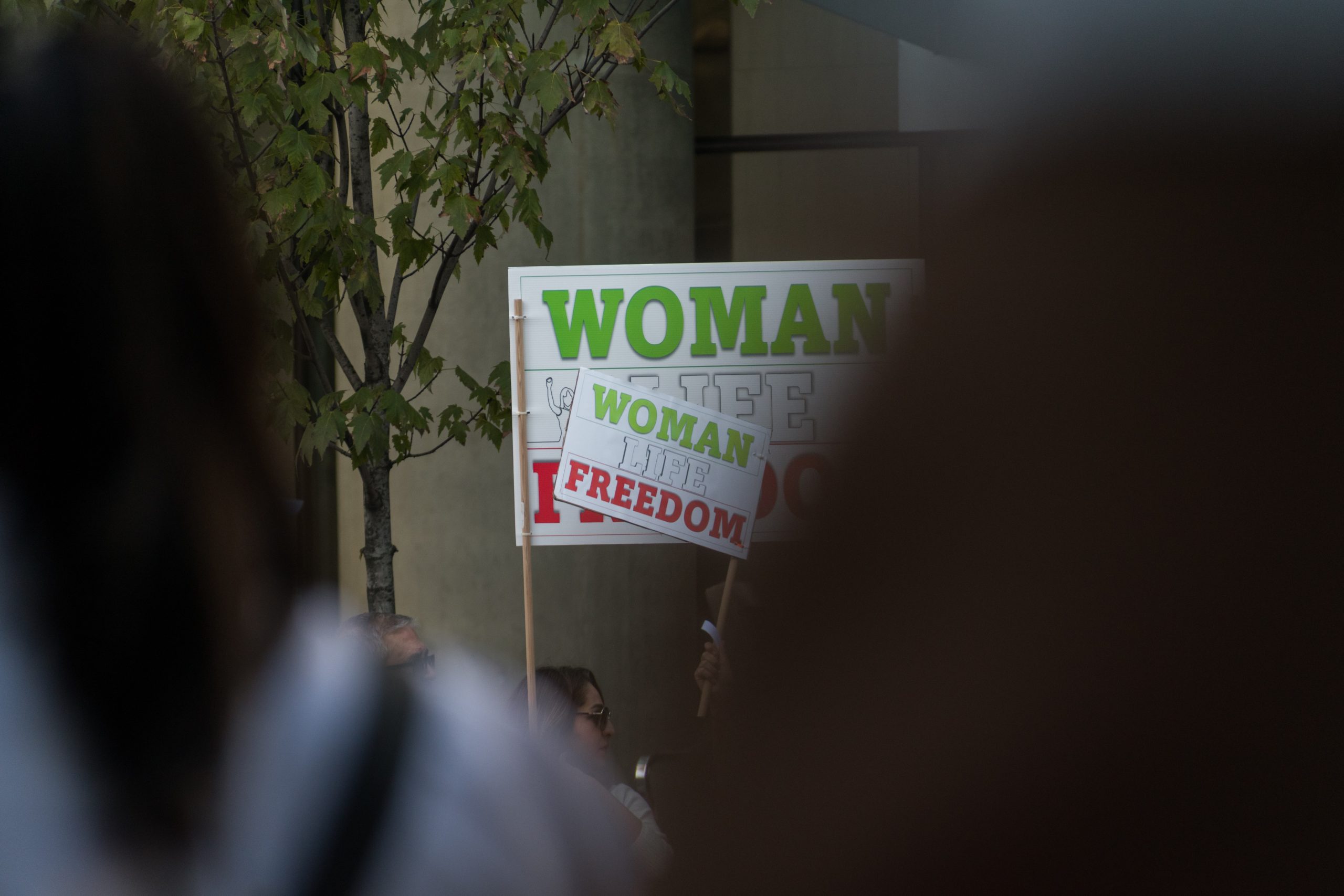International Women’s Rights… when “international” does not mean international

On the 8th of March, we annually celebrate International Women’s Day, bringing attention to women’s social and political rights, female achievements, and the battle against gender discrimination. Moreover, it is a beautiful occasion to show love and respect to all the deserving and powerful women in our lives. Notwithstanding the fact that only in the last century, our society has progressed and come so extremely far in respect of equality between genders, we still have to keep in mind that although we live in a world of major developments, respecting female freedoms is not yet a shared practice across the globe, but one, which is majorly influenced by the circumstances in a concrete region.
For instance, the battle for women’s rights in the Middle East is still a very present issue. In Iran, hundreds of girls have recently been gas poisoned in their own classrooms – an ongoing problem that only recently started attracting the attention it deserves. The first case dates back to the 30th of November last year in the city of Qom. Since then, thousands of girls have reportedly been affected in more than 200 schools from different regions and throughout the whole country. No girls have died. Yet, many have experienced exhaustion, nausea, dizziness, and respiratory issues. Some have even been hospitalised.
Many speculate this was a deliberate attempt to shut down girls’ schools, as those attacks resemble the Taliban tactics in Afghanistan from a few years ago. Just recently, the first arrests were conducted. The authorities are still investigating, considering “revenge” for last year’s mass protests as a possible reason for the poisonings. Despite that, the dissatisfaction of the Iranian people is growing even more, as many parents are worried that all they can do to protect their children is to keep them home and not allow them to go to school. But this is not a feasible way to handle such a situation. Because it serves only the interests of those who wish to prevent girls’ access to education.
Iran, much like Afghanistan, has shown on several occasions the problematic stance they hold in the sphere of gender inequality. The Iranian leadership’s past actions targeting the women population in their country have gone as far as to cause a wave of mass protests worldwide. However, education, in particular, is actually highly valued in Iran. With a few exceptions, Iran hasn’t tried to fully deprive women of their right to education. Furthermore, women’s participation in education has not slowed since the first primary school for girls was built in late 1907. Iranian leaders traditionally ignore criticism of their policy concerning female rights. In this particular case, however, officials have acknowledged how the situation could be detrimental to those girls’ futures and prevent them from further education. The Iranian supreme leader himself has denounced the poisonings as “unforgivable”, showcasing the seriousness of the situation.
There has been a lot of talk on women’s rights, but still so much more can be done. Although the number of women in the education system has increased, this is one particularly slow process. Furthermore, girls may be allowed to attend schools, but eventually, in the “real world” after school, almost nothing has changed. Currently, only 14% of the Iranian workforce comprises women, closely associated with the community culture viewing their women as nothing more than their husbands’ possession.
That is why, on International Women’s Day this year, an official campaign was issued for gender apartheid to be classified as a crime under international law. The initiative is actually in the form of an open letter, signed by some well-known figures from Iran and Afghanistan. It is one that is very necessary as currently, rules not only do not fully mirror the reality in some parts of the world, but they also only reflect race and completely forget about gender.
Hopefully, global authorities will manage to eventually develop adequate policies that will ensure appreciation for women’s freedom of life and education while still taking into account the beliefs and opinions of Islamic people. For better or worse, Western policies are not ubiquitous, as they do not apply to every area of the world. Fundamental human rights, on the other hand, are something, which is supposed to be universal.
Further reading:



